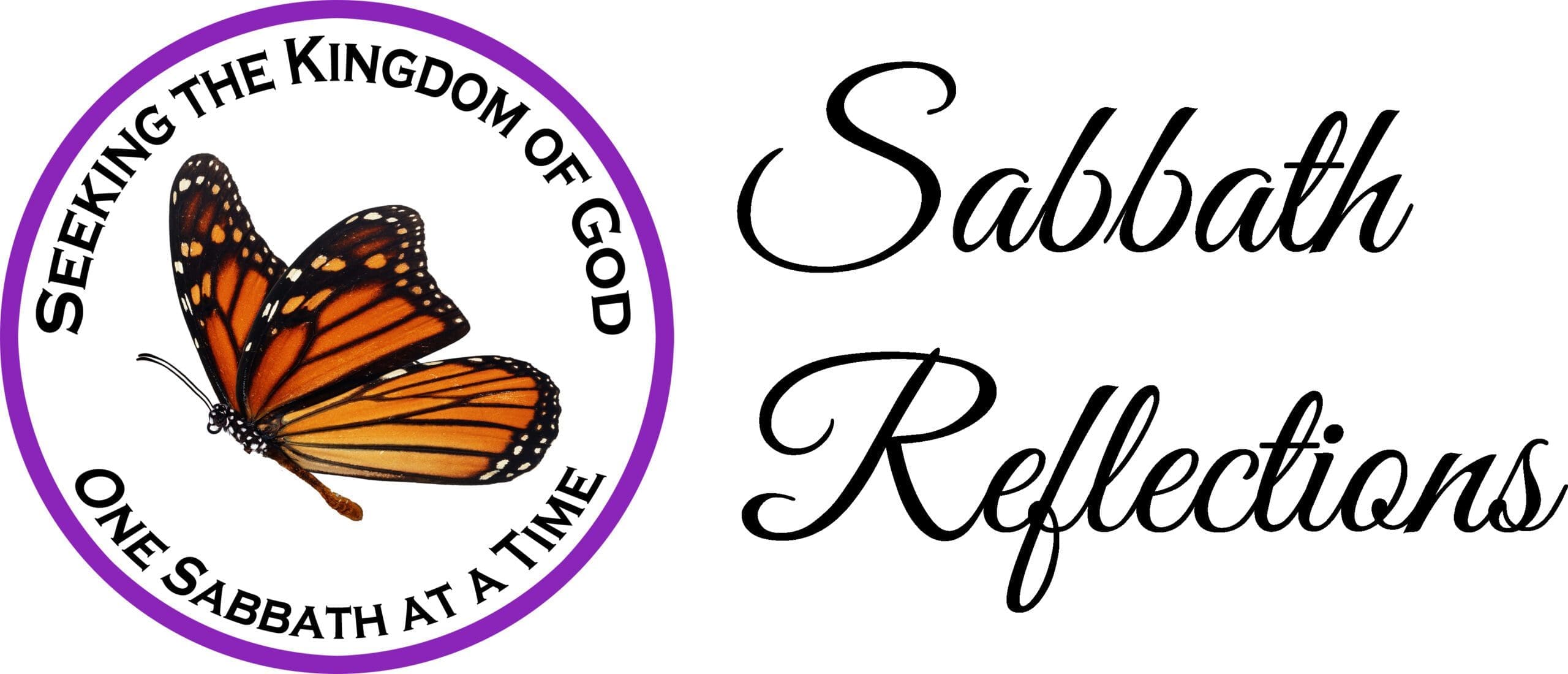SABBATH THOUGHT 2023-09-02—PUZZLING SCRIPTURES #1
May God bless you on His Sabbath day!
Many scriptures in the Bible are difficult to understand. Some for reasons of language or culture while others are lost in idiomatic expressions. Then there are those that are either poor or wrong translations into English. I thought I would discuss a few that have puzzled me until either they were answered through my own experience or by the wisdom of others. I hope you find them interesting and useful.
One that was driven home by personal experience is the statute “Ye shall kindle no fire throughout your habitations upon the sabbath day.” (Exod. 35:3). For years I thought this applied to fireplaces, cooking fires, and the like. But one day at a Sabbath gathering, while talking to a man I knew fairly well, he burst out in anger and started yelling at me. While he was prone to anger, this was the first time I had witnessed it on the Sabbath. His tirade upset me so much so that I heard nothing of the prayers, songs, or message during the service. It was later that I realized he had ‘kindled a fire’ that consumed my Sabbath. I have recounted this story in the past, so forgive me if you have heard it before, but I believe it is a lesson of how to spiritually understand the Law of God. Actually, the Bible had the answer all along (and describes exactly how I felt on that particular Sabbath):
PSALMS 57:4 My soul is among lions: and I lie even among them that are set on fire, even the sons of men, whose teeth are spears and arrows, and their tongue a sharp sword.
Recently, I was asked if I could explain a scripture that, frankly, always puzzled me:
EXODUS 23:19 … Thou shalt not seethe a kid in his mother’s milk.
My answer at the time was simply a guess and it turns out that I missed the whole point of it. After looking into it over the last couple of weeks, this phrase is not just randomly inserted into Scripture. In fact, it is mentioned two more times but ALWAYS in the same CONTEXT. Read carefully the three instances and pay attention to the highlighted text associated with that statute:
EXODUS 23:19 The first of the firstfruits of thy land thou shalt bring into the house of the LORD thy God. Thou shalt not seethe a kid in his mother’s milk.
EXODUS 34:26 The first of the firstfruits of thy land thou shalt bring unto the house of the LORD thy God. Thou shalt not seethe a kid in his mother’s milk.
DEUTERONOMY 14:21-22 … Thou shalt not seethe a kid in his mother’s milk. 22 Thou shalt truly tithe all the increase of thy seed, that the field bringeth forth year by year.
“Thou shalt not seethe a kid in his mother’s milk” is always mentioned along with tithes (“first of your firstfruits”). Interestingly, tithes were ALWAYS from animals or crops, but only one of these scriptures specifically refers to crops when it mentions seed and field. That seems odd, since the statute is directed at animals.
So, what does it mean? First, examine two important phrases: “the FIRST of the firstfruits [tithes of animals or crops]” (Exod. 23:19, 34:26) and “INCREASE of thy seed, that the field bringeth forth YEAR BY YEAR” (Deut. 14:22). Obviously, the statute applies to both animals AND crops but it emphasizes the FIRST of the firstfruits and the INCREASE so it applies to each year. In other words, tithes were to be of the animals born that year or from the crops harvested that year. Tithes were never to be taken from previous years.
In that sense, “Thou shalt not seethe a kid in his mother’s milk” is an idiom referring to a tithe from the new year—the kid—PLUS something from the previous years—the mother’s milk. In fact, the Hebrew scholar J. Webb Mealy “… hypothesizes that the expression ‘boil a kid in its mother’s milk’ was a figure of speech used by the Hebrews to refer to a common peasant farmer’s tactic … of secretly making up a portion of the yearly rent [tithe] obligation … with surplus grain from the previous year’s harvest.”
Obviously, a female goat that gave birth was not born in the current year so it could not be included as part of a tithe on the INCREASE of the new year. However, what if someone wanted to keep one of the kids born that year that should have been given as part of the tithes and, instead, substitutes milk from last year’s goat? This obviously is a way to avoid the 20% penalty for redeeming an animal in Leviticus 27:9-13. According to Mealy, some Israelites found ways to circumvent tithing on new animals or new crops. Who would not prefer to keep the new animals or crops by substituting or supplementing with the old? Regardless, this seems like a reasonable answer to this puzzling statute especially when we read how God views inappropriate tithes or offerings:
MALACHI 1:8, 10-14 And if ye offer the blind for sacrifice, is it not evil? and if ye offer the lame and sick, is it not evil? offer it now unto thy governor; will he be pleased with thee, or accept thy person? saith the LORD of hosts. … 10 …I have no pleasure in you, saith the LORD of hosts, neither will I accept an offering at your hand. 11 … in every place incense shall be offered unto My name, and a pure offering: for My name shall be great among the heathen, saith the LORD of hosts. 12 But ye have profaned it, … 13 … and ye brought that which was torn, and the lame, and the sick; thus ye brought an offering: should I accept this of your hand? saith the LORD. 14 But cursed be the deceiver, which hath in his flock a male, and voweth, and sacrificeth unto the Lord a corrupt thing: for I am a Great King, saith the LORD of hosts, and My name is dreadful among the heathen.
Another verse that has been widely misunderstood is about swearing. I will only briefly mention it because it is covered in much greater depth in the booklet “Swearing of Oaths—Does Matthew 5:34 Forbid Them?” at https://sabbathreflections.org/bible-studies/booklets/. The Scripture in question is:
MATTHEW 5:34 But I [Jesus Christ] say unto you, Swear not at all; neither by heaven; for it is God’s throne:
The problem is that this seriously conflicts with a plethora of scriptures in both the Old and New Testaments that advocate, and even require (such as for a marriage or baptismal covenant), the swearing of oaths. The short version is that this is not upheld in the Bible EXCEPT in the case of swearing FALSE oaths. Again, refer to the booklet for the in-depth exegesis.
Context is very important but here is a case where a clue to the meaning of three ‘separate’ statutes is found in just one of the verses:
DEUTERONOMY 22:9-11 Thou shalt not sow thy vineyard with divers seeds: lest the fruit of thy seed which thou hast sown, and the fruit of thy vineyard, be defiled. 10 Thou shalt not plow with an ox and an ass together. 11 Thou shalt not wear a garment of divers sorts, as of woollen and linen together.
All three verses describe diverse or dissimilar things that do not work together similar to the way that oil and water do not mix. I cannot count the number of times each of these has been academically debated in a literal sense. But the fact that ‘diverse’ seeds produce fruit that can be defiled immediately tells us this statute has a much greater spiritual implication. Defiled means to be ceremonially or morally unclean, something that is utterly impossible for anything produced by seeds. The Hebrew word for defiled comes from qadash, which is a state of being holy to God. God called the ground holy (qodesh) where He stood when meeting with Moses (Exod. 3:5) but it was ‘undefiled’ because of God’s PRESENCE. Nothing can be holy unless established by God and, likewise, nothing can be defiled except by the actions of people.
So, these verses are not referring to seed, an ox and ass, or garments. Is God concerned with incompatible seeds, animals, or clothing? Or is God concerned with PEOPLE and helping them to make wise decisions in their lives. Does a law about garments have any real importance? Whether scripture is talking about dissimilar seeds, oxen and donkeys, or wool and linen, these are all examples of diverse things that oppose each other. If we apply them to PEOPLE of different cultures and beliefs, we can see they are spiritual statutes. Paul recognized that there were people who would be incompatible together for cultural or religious differences. In fact, he was actually referring to Deuteronomy 22:10 when he said:
2 CORINTHIANS 6:14 Be ye [believers] not unequally yoked together with unbelievers: for what fellowship hath righteousness with unrighteousness? and what communion hath light with darkness?
Paul says righteousness is to lawlessness and light is to darkness in the same way that dissimilar seeds produce bad fruit, wool is to linen, and oxen are to donkeys. These scriptures are about incompatibility between people, whether in a marriage, family, or fellowship. Do they pertain to the physical? Perhaps, but God is mainly concerned with PEOPLE and those things mentioned in Deuteronomy 22:9-11 are not salvational.
It is a fact that much of the NT is either a direct quote or a reference or an inference of the OT, because the NT is in many ways ‘sermons’ from the OT. But today believers tend to emphasize study of the NT without similar regard to the Old. However, many scriptures are answered by delving into the OT Law, Prophets, and Writings. One such example is from the Beatitudes: “Blessed are the meek: for they shall inherit the earth.” (Matt. 5:5).
Who are the meek? Are they simply those who are quiet, gentle, easily imposed on, or submissive (Oxford dictionary)? Does the Bible explain meekness? Actually, Matthew 5:5 is a quote of Psalm 37:11, which lists at least six synonyms for those who are ‘meek’:
PSALM 37:9 … those that wait upon the LORD, they shall inherit the earth.
PSALM 37:11 … the meek shall inherit the earth; and shall delight themselves in the abundance of peace.
PSALM 37:18 The LORD knoweth the days of the upright: and their inheritance shall be for ever.
PSALM 37:21 … the righteous sheweth mercy, and giveth. 22 For such as be blessed of Him shall inherit the earth.
PSALM 37:29 The righteous shall inherit the land, and dwell therein for ever.
PSALM 37:34 Wait on the LORD, and keep His way, and He shall exalt thee to inherit the land.
Meekness is so much more than the dictionary definition. Those who inherit the earth are waiting upon God, lovers of peace, behave uprightly, merciful, giving, righteous, and keepers of God’s Law. This gives a whole new meaning to the meek of the earth!
The depth of Scripture cannot be determined and I hope this has been useful, encouraging, and informative. I plan to write about more puzzling scriptures in the future and I would love to hear from you about scriptures you have been inspired to understand.
May God’s grace and peace be upon you!
Steven Greene
https://sabbathreflections.org


